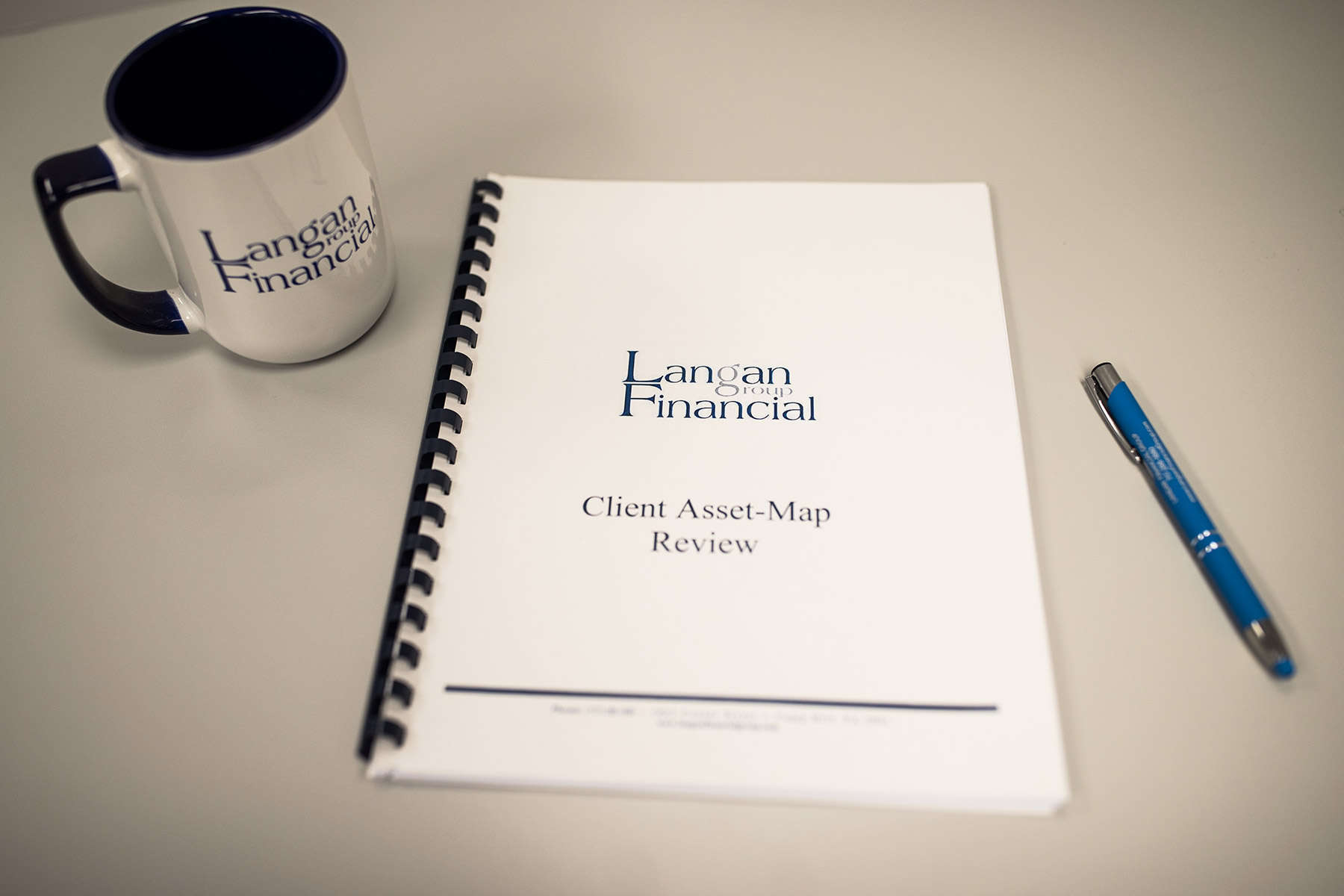
What is the New Pennsylvania Tax Break for Small Businesses?
In July 2023, Pennsylvania introduced a new tax break as part of its state budget package, offering significant incentives for small businesses that contribute to their employees’ 529 college savings plans.
This initiative aims to encourage employers to offer their employees a valuable tax deduction to help them save for their children’s higher education.
Eligibility and Benefits of Pennsylvania’s Small Business 529 Contribution Tax Credit
Small businesses in Pennsylvania can now benefit from a state tax deduction for contributions made to their employees’ 529 college savings accounts.
This deduction is available for both corporate net income tax and personal income tax for pass-through entities, such as:
- Partnerships
- S-corporations
- limited liability companies (LLCs)
The tax break is designed to encourage more employers to participate in supporting their employees’ education savings efforts.

How Much Can Pennsylvania Employers Contribute to 529 Plans for Tax Credits?
Employers can receive a 25 percent tax credit on contributions of up to $500 per participating employee per year to 529 plans.
If an employer contributes $500 to an employee’s 529 plan, they can receive a $125 tax credit.
This incentive encourages employers to support their employees’ education savings while also benefiting from a reduction in their tax liabilities.
By contributing to 529 plans, employers can help their employees build up savings for their children’s higher education costs.
Impact of Employer 529 Contributions on Pennsylvania Employees
Employees benefit greatly from their employers’ contributions to 529 college savings accounts. These contributions help in building up the savings that grow tax-free and can be used for various qualified education expenses.
This support can alleviate some of the financial burdens associated with higher education, making it more accessible for families.
Requirements for Pennsylvania’s 529 Plan Tax Credit Program
To qualify for the tax deduction, contributions must be made to a qualified 529 plan, which is a state-sponsored education savings plan.
The 529 plans must be used for qualified education expenses, including tuition, fees, books, supplies, and sometimes room and board. This ensures that the contributions are directly supporting educational costs.

Effective Date of Pennsylvania’s Small Business 529 Contribution Tax Break
The new tax break is effective for contributions made starting in the 2023 tax year. Employers must maintain accurate records of their contributions and report these appropriately when filing state taxes to claim the deduction.
This initiative is part of Pennsylvania’s broader efforts to support education and make higher education more accessible for families across the state.
Importance of Pennsylvania’s 529 Tax Credit for Small Businesses and Families
By incentivizing small businesses to contribute to 529 plans, Pennsylvania aims to alleviate some of the financial burdens of higher education for its residents.
This tax break not only benefits employers by reducing their tax liabilities but also supports employees in their efforts to save for their children’s future educational needs. It represents a significant step towards making higher education more attainable for families throughout the state.
What Did State Officials Say About HB 1745?
On June 10, 2024, Treasurer Stacy Garrity commended the Senate Finance Committee for unanimously approving legislation aimed at further enhancing the PA 529 College and Career Savings Program and PA ABLE Savings Program. HB 1745, sponsored by Rep. Paul Friel (D-26), will create tax credits for employers who provide matching contributions to their employees’ PA 529 and PA ABLE accounts.
The bill was also amended to allow excess funds in a PA 529 plan to be rolled over to a Roth IRA without any state taxes. This amendment, originally introduced in House Bill 2119 by Rep. Greg Scott (D-54) and Rep. Steve Samuelson (D-135), adds significant flexibility and benefits for Pennsylvania families.
About the Authors
Alexander Langan, J.D., CFBS, is the Chief Investment Officer at Langan Financial Group. In this role, he manages investment portfolios, acts as a fiduciary for group retirement plans and consults with clients regarding their financial goals, risk tolerance and asset allocation.
With a focus on ERISA Law, Alex graduated cum laude from Widener Commonwealth Law School. He then clerked for the Supreme Court of Pennsylvania and worked in the Legal Office of the Pennsylvania Office of the Budget, where he assisted in directing and advising policy determinations on state and federal tax, administrative law, and contractual issues.
Alex is also passionate about giving back to the community and has helped establish The Foundation of Enhancing Communities’ Emerging Philanthropist Program, volunteers at his church, and serves as a board member of Samara: The Center of Individual & Family Growth. Outside of work and volunteering, Alex enjoys his time with his wife Sarah and their three children, Rory, Patrick, and Ava.
Reid Ruark currently serves as an Associate Investment Advisor at Langan Financial Group where he assists Alex in managing investment portfolios, prepares client reviews, and helps operate social media platforms. In his free time, Reid enjoys spending time with his wife, playing pickleball and connecting with members of the community.
About Langan Financial Group
Langan Financial Group is an award winning independent financial planning firm with 10+ independent awards and over 100+ 5 star reviews.
Langan Financial Group has two financial planning locations – Harrisburg, Pa and York, Pa. Established in 1985, Langan Financial Group offers a broad range of financial planning services for individuals and organizations.
By being an independent firm, we are not required to sell any specific products or meet any specific quotas. As such, we are able to focus more on providing fiduciary services and customizing a specific personalized financial plan according to your needs.
Disclosures
The content is developed from sources believed to be providing accurate information. The information in this material is not intended as tax or legal advice. Please consult legal or tax professionals for specific information regarding your individual situation.
The opinions expressed and material provided are for general information, and should not be considered a solicitation for the purchase or sale of any security.




